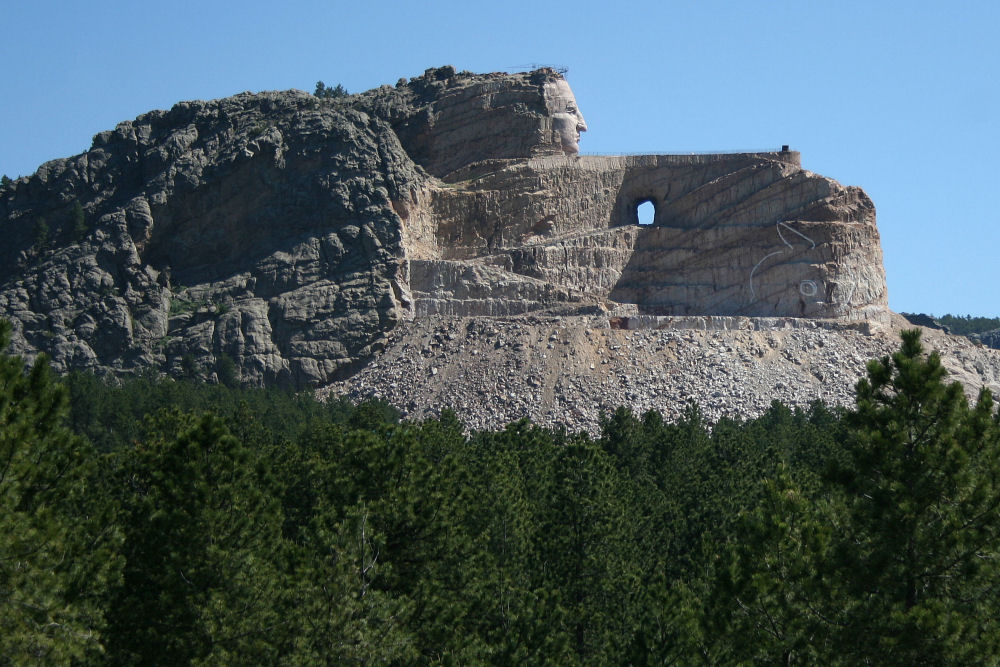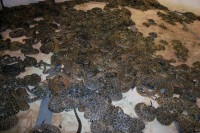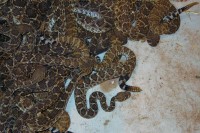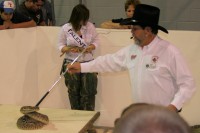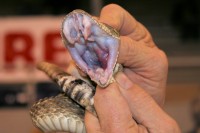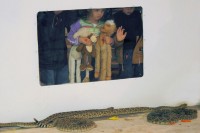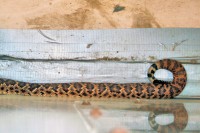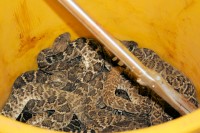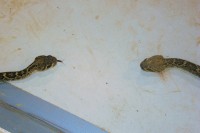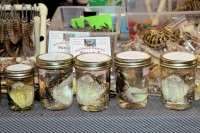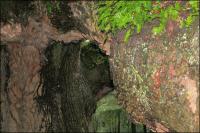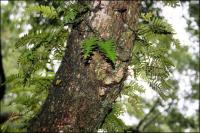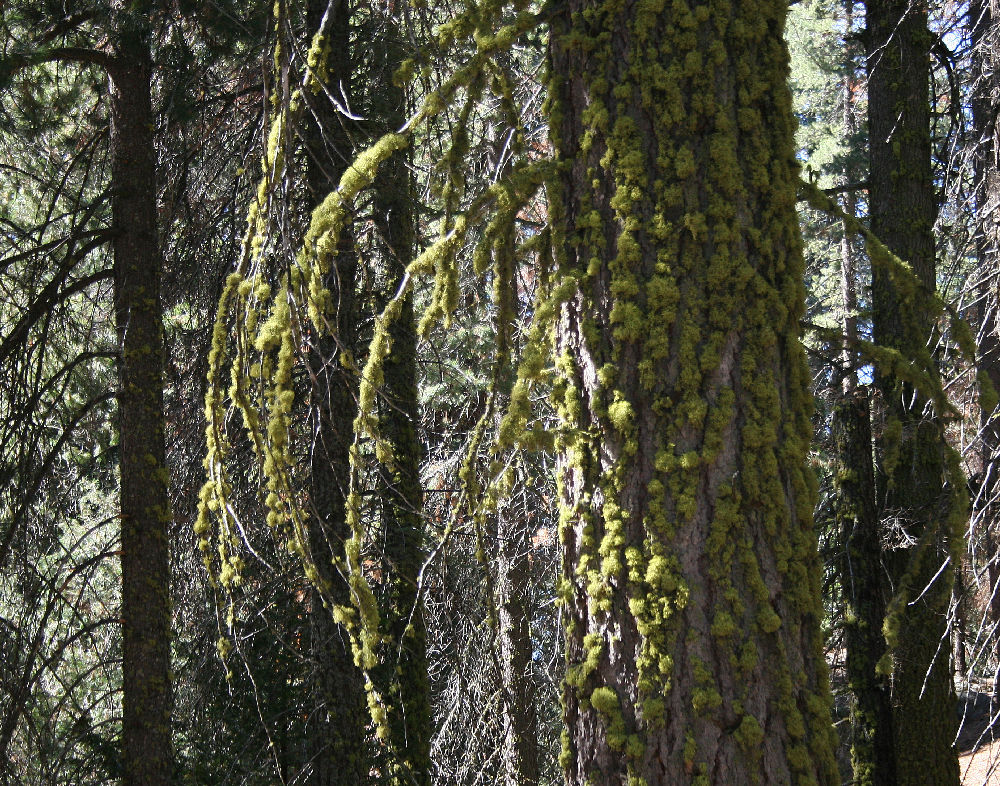 Awesome sunset near Little Rock, Arkansas – heading back to Dallas…and Happy 26th Birthday, Adrian!
Awesome sunset near Little Rock, Arkansas – heading back to Dallas…and Happy 26th Birthday, Adrian!
Date: September 5th, 2009 | Comments : none | Categories: Elements, Landscape, Seasonal, Summer, Travel, Travel USA, USA, Virginia, Water.
Date: September 4th, 2009 | Comments : none | Categories: Canada, Elements, Landscape, Ontario, Seasonal, Summer, Sunset, Travel, travel Canada, Trees, Water.
Date: September 3rd, 2009 | Comments : none | Categories: Canada, Cultures, Design, Historic significance, Landscape, Ontario, Travel, travel Canada, Unusual Interest.
Date: September 2nd, 2009 | Comments : none | Categories: beach, Birds, Canada, Ontario, Travel, Water.
Date: July 12th, 2009 | Comments : none | Categories: Alberta, Canada, clouds, Landscape, Sky, Summer, sunrise, Travel, travel Canada.
Date: July 8th, 2009 | Comments : none | Categories: Alberta, Canada, Flowers, Landscape, Seasonal, Storms, Summer, Travel, travel Canada.
Date: July 5th, 2009 | Comments : none | Categories: Alberta, Canada, City Streets, Landscape, Silhouettes, Sky, Summer, Sunset, Travel, travel Canada.
 During the summer in northern Alberta, the sun can be seen on the horizon late into the night… 11 p.m. Edmonton, Alberta
During the summer in northern Alberta, the sun can be seen on the horizon late into the night… 11 p.m. Edmonton, Alberta
Date: June 27th, 2009 | Comments : none | Categories: clouds, Landscape, North Dakota, Seasonal, Sky, Storms, Summer, sunrise, Travel, Travel USA, USA.
Date: June 25th, 2009 | Comments : none | Categories: Architecture, Cultures, Design, Elements, Historic significance, Landscape, Mountains, rocks, Series, Shadows, South Dakota, Summer, Travel, Travel USA, Trees, Unusual Interest, Urban and State Parks, USA.
_______________________________________________________________________________
_______________________________________________________________________________
Date: March 15th, 2009 | Comments : none | Categories: Animals, conservation, Cultures, Historic significance, issues, Reptiles, Seasonal, Series, Spring, Texas, Travel, Travel USA, Unusual Interest, USA.
Rattlesnake Roundup, Sweetwater, Texas March 13 – 15, 2009
From a cultural standpoint, I was quite curious about the Texan Rattlesnake Roundup. Attending, the view was to try to be unbiased and open-minded without any preset opinions. Still, as an animal rights ally I was interested to know whether the four event-filled days were about rattlesnake-appreciation or rattlesnake-loathing. I remain mystified, because it seems to be a mishmash of both.
Driving the three and half hours it takes to get back to Dallas, I marveled how what is acceptable for some, is taboo and unconscionable for others. Since many customs the world over, and across time, are basically borne of societal needs to collectively overcome threats and various natural causes, did this event begin in a similar way?…only here the rituals include a number of large people walking around eating disgusting, deep-fried rattlesnake that was more bone and grease than meat, and corn on the cob? Were the original celebrations of rounding up rattlesnakes actually efforts toward creating a communal mindset of safety, and have they evolved to dominate, even abuse, a predator that was perhaps more of a concern to the earliest settlers than it is now?
For Sweetwater locals, the occasion is an important part of their heritage and present lifestyle that brings the community together, draws in tourists and boosts their economy annually. Scheduled each year are: a parade, carnival grounds, a Miss Rattlesnake Roundup pageant, a Gun, Knife and Coin Show (because coins are obviously in the same category as knives and guns!), a snake-hunting competition, rattlesnake meat-eating contest, and vendors who earn a living selling various rattlesnake parts, products, and bizarre crafts. Unfortunately for raccoons and turtles it was an opportunity to sell their parts as well.
The demise of the rattlesnakes is undeniably sad and seemingly senseless, but the truth of every matter has many dimensions. It is easy to get caught up in the intrigue, and fall under the spell of groups in a festive state, to the point where I did try the deep-fried snake…but after one nip, threw it in the garbage, on top of others’ waste who had done the exact same thing.
I absolutely love reptiles, but admit to have considered buying one of the open-mouthed, fang-baring, stuffed intact, coiled-up snake souvenirs (not the ones sporting tiny cowboy hats and raccoon tails though). Although, upon guilty reflection, is one by-product any less vulgar than the other? I actually thought the coiled up rattlers ready to strike were really pretty, and only wanted one because I’m not likely to see a living one so up close and personal, hopefully.
Whether we agree or disagree, people earn a living doing things we can’t imagine. Practices and beliefs are incorporated over periods of time and passed down through generations. What was once relevant may have lost all sense currently, or in the future. Our consciousness evolves regardless though, and I wonder if in a distorted sort of way, most people leave the fairgrounds of cotton candy and snake pits every year with a deeper appreciation for the uniqueness of all creatures? I certainly did.
Only a human could come up with something so preposterous as little cowboy hats glued to rattler heads. Only a human would buy them! Generally what every pro/anti-whatever-activist-religious-righteous group is seeking is respect. It’s really about respecting all creatures, including humans, who do strange and unpredictable things.
Date: March 5th, 2009 | Comments : none | Categories: Series, Travel, Trees.
Date: February 25th, 2009 | Comments : none | Categories: conservation, Environmental issues, Green, Historic significance, issues, petition, Seasonal, Series, South Carolina, Summer, Travel, Travel USA, Trees, Unusual Interest, Urban and State Parks, USA.
Update – originally posted September 11, 2008
~





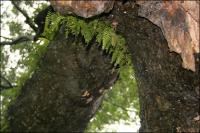
This set of photos honors the efforts of a petition to halt construction on John’s Island, South Carolina that would have encroached on an area of land boasting an Oak tree estimated to be between 300 and 400 years old.
Charleston, SC is proud of its heritage and respected for its commitment to preserving history in the area. Thanks to individuals rallying together and signing a petition, we are reassured that small efforts can and do make a difference on this planet. The land surrounding the Angel Oak is no longer in jeopardy. 17 acres were purchased by Lowcountry Land Trust, protecting the area adjacent to the tree.
Initially I wrote a longer article promoting the petition and website, which is no longer active. There were pages of exclamations by tourists who have visited the area specifically to see the Angel Oak, and interesting comments and pleas from residents who have fond memories of climbing the branches as children, and whose children now do the same. A nearby elementary school carries its’ name.






During the summer of 2008, my husband and I drove through South Carolina and took a short detour to John’s Island because I had heard of the tree and was very curious to see it. We drove through wicked rains at the edge of Tropical storm Faye, so when we arrived at Angel Oak park no one else was there. The tree trunk and lower branches are so immense, many have been propped up with stakes and heavy cables here and there, which is a little intrusive for photo-taking, but obviously necessary. Growth is spread outward more than upward, occupying an enormous space at least 150 feet wide.

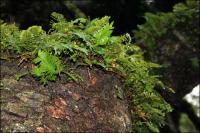

According to after the Category 5 Hurricane Hugo hit the coast of in 1989, Governor Carroll Campbell is reported to say that the storm destroyed enough timber in South Carolina to frame a home for every family in the state of West Virginia. All those trees and forests obliterated, yet The Angel Oak survived. It has since healed injuries inflicted by Hurricane Hugo.
Date: October 13th, 2008 | Comments : none | Categories: California, forest, Green, Summer, Travel, Travel USA, Trees, Urban and State Parks.
Date: October 12th, 2008 | Comments : none | Categories: clouds, Landscape, Oklahoma, Sky, Sunset, Travel, Travel USA, USA.
Site Search
Meta











